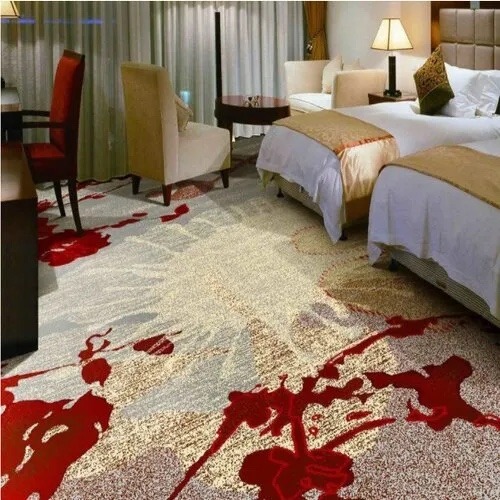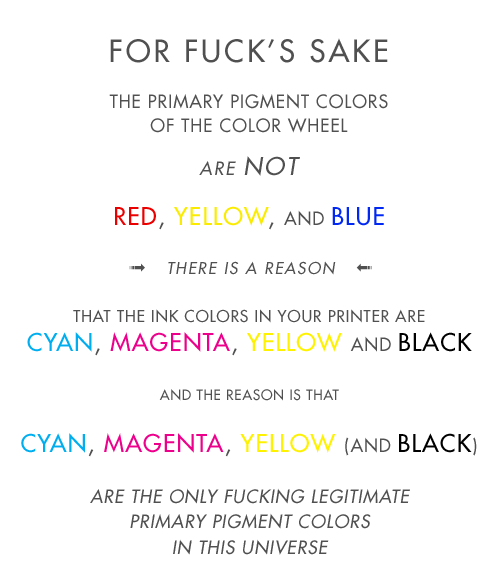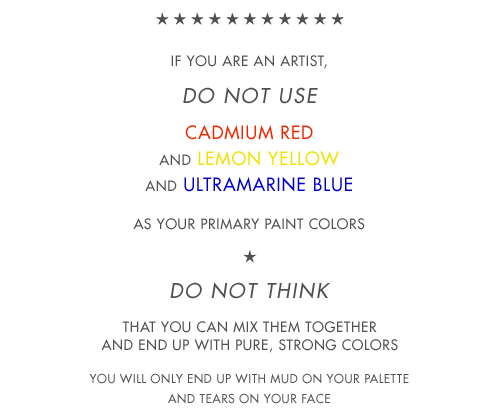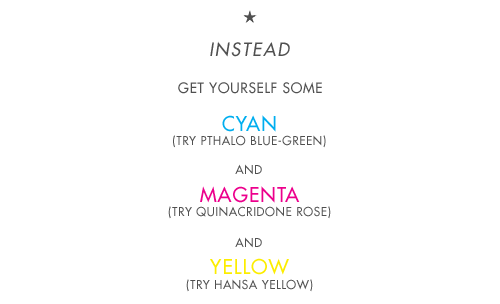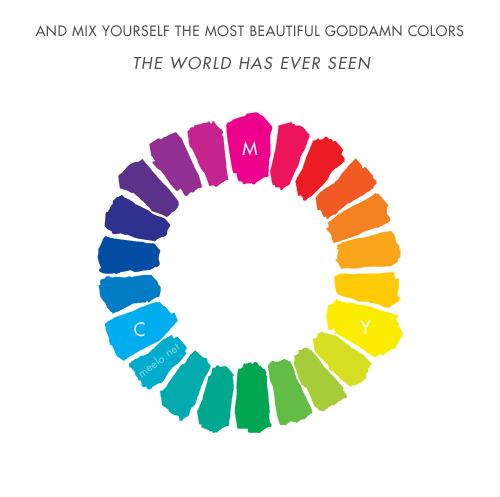Experience Tumblr Like Never Before
Color Theory - Blog Posts
How do I add shadow to this drawing?


Tried to do smth with color theory
Shouldn't have taken opposite colors ig

Trying to work with colours









Not actually Bowuigi related, (I’m workin on it,) but I thought i’d put these here in the meantime, an old collection from when I was just interested in anatomy
✨ aerial silks and acrobatics collection✨
I read a post earlier and then lost it before I could reblog it with some interesting information so I'm gonna throw the information out into the void.
The original post was a comment about how no one who has ever inked a comic has ever met a person of color before. They had very valid complaints about bad shading and inconsistent skin tones.
And y'all know me. I am a fiend for comic industry history.
Color in comics is obviously a huge deal, not just in skin but for iconic costume designs. The oldest and most well-known characters tend to be bright shades of red, blue, green and/or black. This is true across the board in early comics and it's due to a variety of factors. The biggest one being that most comics, to be made cheaply, could only use around 63 colors for a standard issue. On top of that, the way the DC and Marvel printed their comics was basically with pointillism and shifting densities.
Before I wind up regurgitating the whole article, let me link one of my go-to resources.

And

Actually, womenwriteaboutcomics.com in general is a fantastic educational tool and a great way to keep an eye out for opportunities to submit your own comic story submissions.
Thanks for letting me nerd out about comic history again!
Made this because I my government assigned color was purple and my older sister was pink and to this day we keep unconsciously picking out stuff in these colors
Art Tip #1 - Color Theory: A Crash Course
Art isn't complete without colors, right? Unless you'd consider a blank white sheet of paper as art, then by all means...
In today's first stop at the Art Terminal, we will be learning how to use colors using Color Theory! Being knowledgeable about basic color theory can really help you develop your skills as an artist no matter what medium you'll be using - be it traditional art, digital art, or even a mix of both! It may seem confusing at first but with this guide, you'll be making well-coordinated compositions with flying colors in no time!
PART 1: How to use the Color Wheel
This infamous wheel by Isaac Newton helps you see the relationships between the colors.
Keep in mind these 3 categories:

⓵ Primary Colors: Red┃Blue┃Yellow These are the first three basic colors - all other colors can be created by mixing them in different ways. Tip: mixing all three creates the color brown! ⓶ Secondary Colors: Purple (red+blue)┃Green (blue+yellow)┃Orange (yellow+red) If you've noticed, these colors are created by mixing our primary colors. ⓷ Tertiary Colors: Red-Orange┃Red-Purple┃Blue-Purple┃Blue-Green┃Yellow-Green┃Yellow-Orange As you might have guessed, we get these colors by mixing our primary and secondary colors.
Part 2: What are the Color Properties?
Keep in mind Color has 3 primary properties:
⓵ Hue: the colors in their purest state - or in other words, a color's name.

⓶ Saturation: the brightness or dullness of a color - the intensity or purity of a hue. Tip: High Saturation/Saturated = color looks very bright ┃ Low Saturation/Desaturation = color looks washed out or greyed out

⓷ Value: the degree of lightness or darkness of a hue. Tip: There are 3 ways to change a color's value: Shade┃Tint ┃Tone

Shade/Shading: a shade is a color that is produced by adding black.
Tint: a tint is a color that is produced by adding white.
Tone: a tone is a color that is produced by adding grey.

PART 3: What is Color Harmony?┃What Color Combinations or Schemes can we use?
Go back to the Color Wheel as it is a good reference in helping you create appealing schemes. Here are 6 common combinations you can apply in your work:
⓵ Analogous: uses colors (around 2-4) that are next to each other in the color wheel - Match them!

⓶ Complementary: uses colors that are opposite or across of each other on the color wheel - if you can't match 'em, clash 'em with their opposites! Tip: matching these colors creates great contrast and visual interest so they can overpower each other sometimes so keep that in mind.

⓷ Split-Complementary: 1 base color then 2 colors adjacent to its complementary color - if the contrast too much, split them!

⓸ Tetradic: uses 2 complementary pairs. This forms a rectangle on the wheel - if you need more variations go double complementary!

⓹ Triadic: 3 colors that are evenly spaced out in the color wheel. You're free to choose from a variety!

⓺ Monochromatic: uses different tones, shades, and tints of a singular color. Sometimes it just works!
PART 4: What is Color Temperature?
Ever wonder why some compositions feel cold or hot? It is a fact that color has the ability to evoke feelings or emotions. As such, color temperature is the one responsible for this - it is the "warmth" or "coolness" of a color.
Warm colors: Reds┃Oranges┃Yellows Generally seen as colors that are bright, cheerful, active, or happy
Cool Colors: Purples┃Blues┃Greens Generally seen as colors that are dark, mysterious, melancholic, or gloomy
And that concludes this stop for today! These tips are a lot to take in, we feel you, and that's alright - come back to this station when you need a quick reference. We hope you learned a lot from this and that you'll be able to apply them in your paintings or digital illustrations!
Now pack your art supplies and start creating! Safe travels~
– Post by Leonardo
And also, I forgot to put before but color theory is...oof, I’ve watched countless videos and it hasn’t knocked inside me yet when it comes to coloring or figuring out values when it comes to drawing, what are ways or exercises to get better?
I was asking the same question as you, so I went on a lil hunt and created an article to center my favorite resources:

I hope this helps!
An exercise to practice applying these concepts:
sketch something simple, or even base it off a piece that you have been working on but feel stuck with the colors
Now start working with simplified thumbnails, keep it blocky and keep it fast
experiment with different schemes and types of color combos. ie, try complementary, triad, split complement, analagous
rinse and repeat, bonus points for adding different color schemes.
best of luck,
<3 Al
feel free to show me ur results and ask any follow up questions. (note: I respond quickest to Dms bc my asks are really backed up sadly)
THANK YOU
I stumbled upon a website that allows you to blend any colors evenly no matter how opposite on the spectrum they are.
sharing the knowledge

very helpful art resource
Colors under my skin
There's violet and lavender and lilac.
Like deep bruising, like sleepless night, like cold anemic skin.
It hurts somewhere between the cold defeat of blue and the hot anger of red.
But it's comforting too, like acceptance; acknowledgment; the first step to getting better.
And there's yellows too
Marigold and dandelion and polished bronze.
It's like warm sunshine, like soft flower petals, like sturdy statues.
It's encouraging; hotter and more pure than red but never as close as the color of life.
But it's intimidating too; like the mythical idea of being okay.
If the primary colors were to get into a fight, which would win and why?
good question would this include the additive and subtractive models? red vs blue vs yellow vs green vs cyan vs magenta

This took me days to finish, but boy was it worth it! I wanted to try something different and experiment with things like inking and color theory! I also think it was a good opportunity to draw a dinosaur, who happens to also be a giant monster, and a cityscape scene together! It fills me with such boyish delight!
COLOR SYMBOLISM
(I've done an hour-long research for this, lol)
RED: sarifice, danger, courage, passion, anger, love, and joy.
🐞
ORANGE: optimism, happiness, enthusiasm, arrogance, pride, and impatience.
🍁
YELLOW: joyfulness, energy, betrayal, optimism, imagination, hope, dishonesty, cowardice and jealousy.
☀️
GREEN: harmony, security, wellness, calm, health, greed, envy and luck.
🍀
CYAN: liveliness, tranquility, youth, rationality, cleanliness, relaxation, stress, narcissism and secrecy.
🌊
BLUE: serenity, stability, inspiration, wisdom, reliability, intuition, confidence, loyalty, sincerity, and faith.
🐬
PURPLE: rarity, royalty, luxury, ambition, magic, mystery, independence and spirituality.
☂️
PINK: love, nurture, compassion, politeness, sensitivity, tenderness, sweetness, childhood, femininity, and romance.
🌸
BEIGE: simplicity, calmness, neutrality, comfort, boredom and blandness.
🦂
BROWN: resilience, dependability, security, safety, loneliness, sadness, and isolation.
🐌
BLACK: death, mourning, evil magic, darkness, elegance, wealth, restraint and power.
🕷️
GREY: intellect, indifference, modesty, emotionlessness, maturity, unclearness and control.
🦈
WHITE: purity, clearness, innocence, perfection, beginnings, coldness and simplicity.
❄️
Hope this helps! Somehow...
this would be great in a children's hospital!

One of the greatest Tweets and it hasn't even existed for 24 hours





